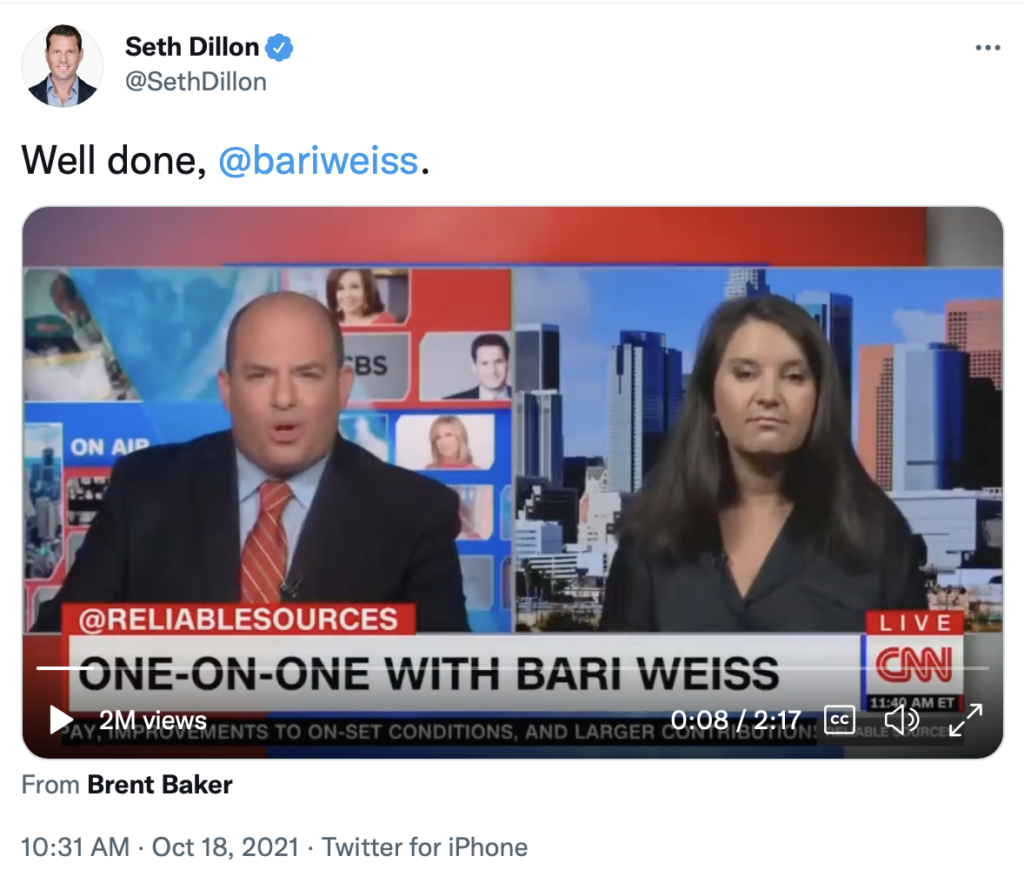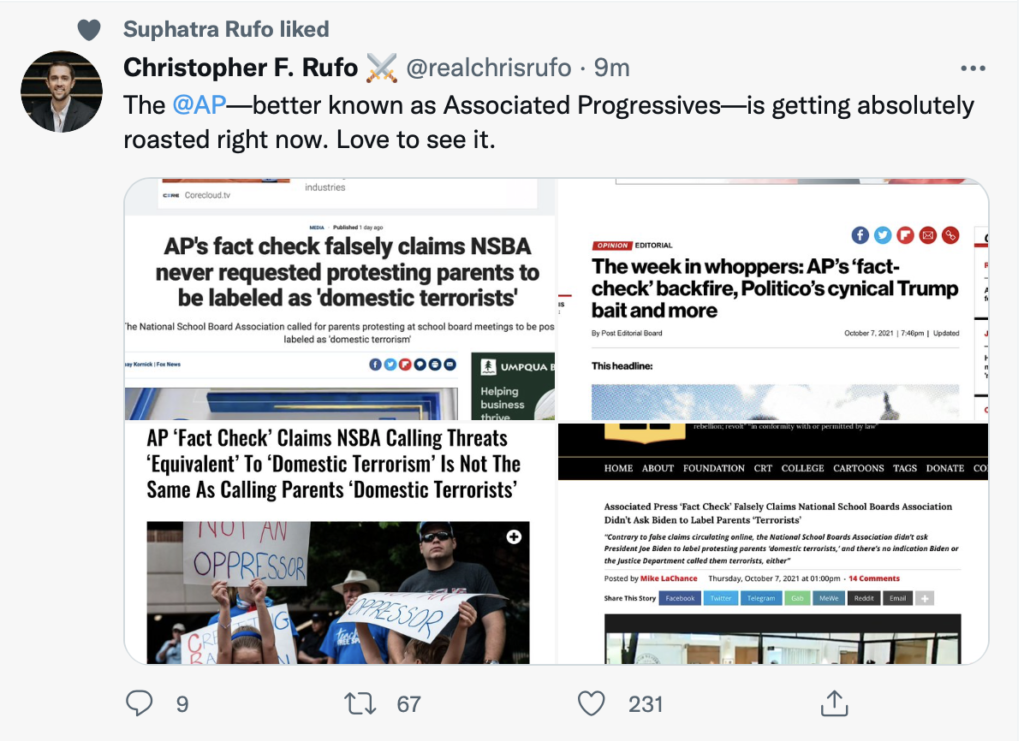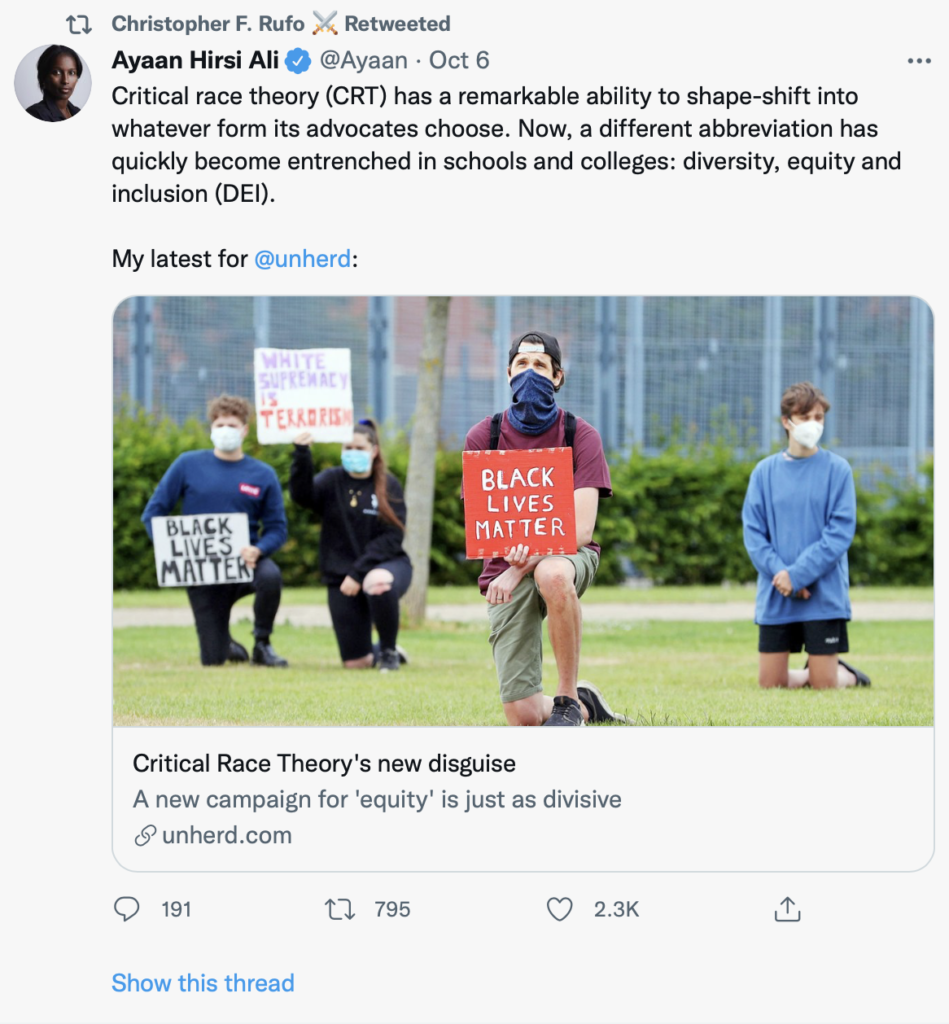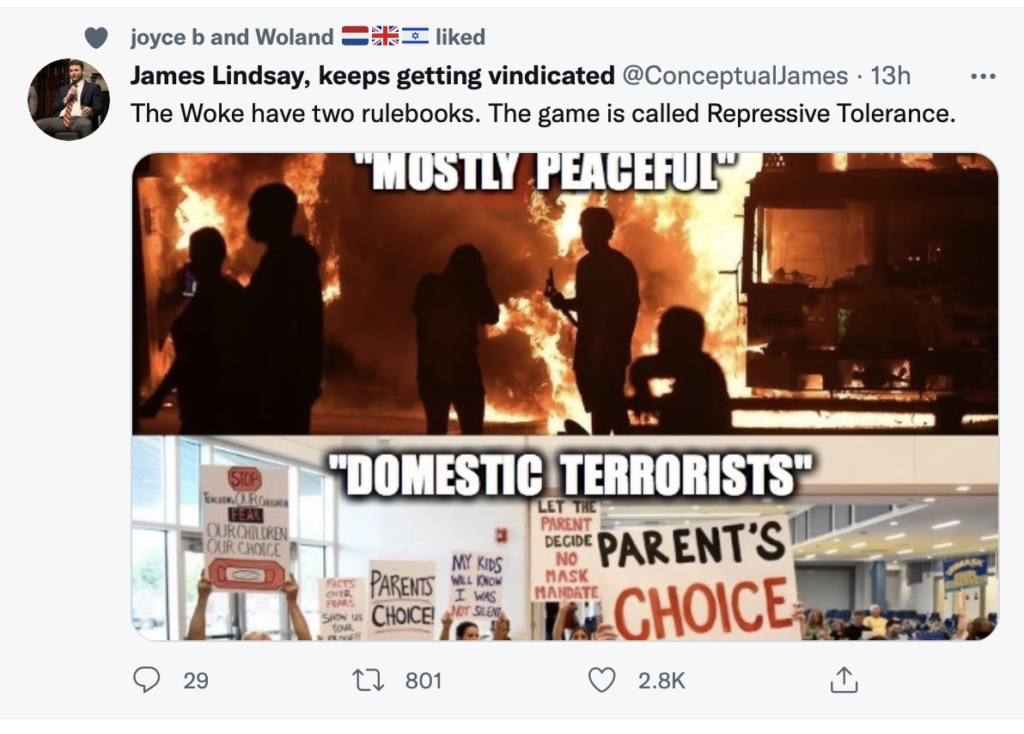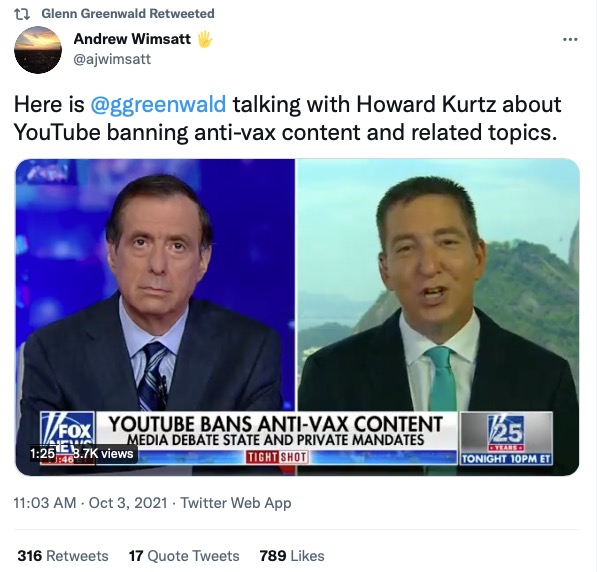The Relationship Between Truth and Courage
Nietzsche recognized that without courage we cannot have truth:
How much truth can a spirit stand, how much truth does it dare? For me that became more and more the real measure of value. Error (belief in the ideal) is not blindness, error is cowardice.Every achievement, every step forward in knowledge, comes from courage, from harshness towards yourself, from cleanliness with respect to yourself. ..
Bari Weiss' newest article discusses the relationship between courage and truth. The title: "Some Thoughts About Courage We are living through an epidemic of cowardice. The antidote is courage."
Courage means, first off, the unqualified rejection of lies. Do not speak untruths, either about yourself or anyone else, no matter the comfort offered by the mob. And do not genially accept the lies told to you. If possible, be vocal in rejecting claims you know to be false. Courage can be contagious, and your example may serve as a means of transmission.What caused our leaders to buckle under? To say things they don't believe and to refuse to say things that they know are true? Weiss blames the lack of courage:
When you’re told that traits such as industriousness and punctuality are the legacy of white supremacy, don’t hesitate to reject it. When you’re told that statues of figures such as Abraham Lincoln and Frederick Douglass are offensive, explain that they are national heroes. When you’re told that “nothing has changed” in this country for minorities, don’t dishonor the memory of civil-rights pioneers by agreeing. And when you’re told that America was founded in order to perpetuate slavery, don’t take part in rewriting the country’s history
. . . .
As Douglas Murray has put it: “The problem is not that the sacrificial victim is selected. The problem is that the people who destroy his reputation are permitted to do so by the complicity, silence and slinking away of everybody else.”
There are a lot of factors that are relevant to the answer: institutional decay; the tech revolution and the monopolies it created; the arrogance of our elites; poverty; the death of trust. And all of these must be examined, because without them we would have neither the far right nor the cultural revolutionaries now clamoring at America’s gates.But there is one word we should linger on, because every moment of radical victory turned on it. The word is cowardice.
The revolution has been met with almost no resistance by those who have the title CEO or leader or president or principal in front of their names. The refusal of the adults in the room to speak the truth, their refusal to say no to efforts to undermine the mission of their institutions, their fear of being called a bad name and that fear trumping their responsibility — that is how we got here.
I'll conclude with this excerpt from a conversation between Bari Weiss and Brian Stelter:

